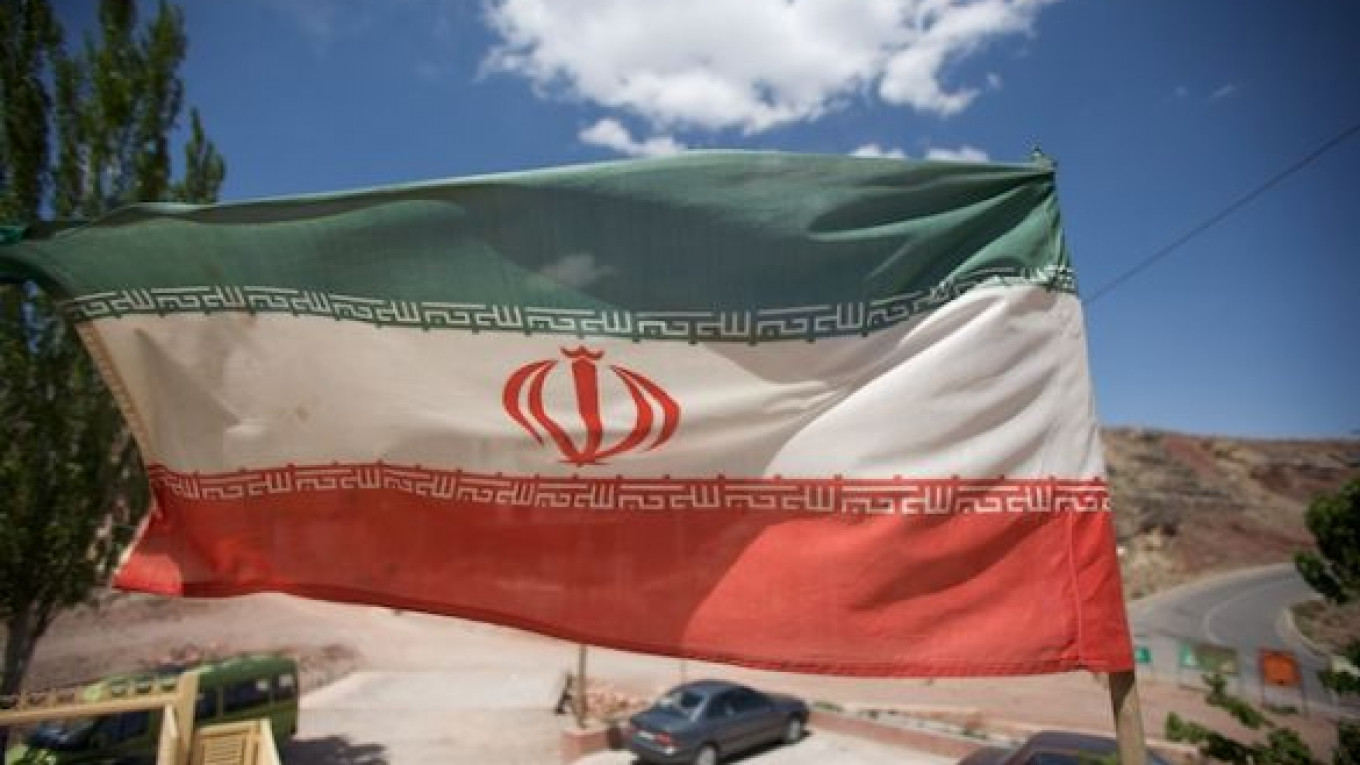GENEVA — Russia and Iran on Tuesday criticized the United Nations chief's decision to withdraw Tehran's invitation to join this week's peace conference on Syria, as diplomats said a new report on Syrian regime atrocities underscored the urgent need to try to end the country's brutal civil war.
The last-minute UN invitation for Iran to participate in the so-called Geneva conference threw the entire meeting into doubt, forcing UN chief Ban Ki-moon to rescind his offer late Monday under intense U.S. pressure after Syria's main Western-backed opposition group threatened to boycott.
After Ban withdrew the invitation, the opposition Syrian National Coalition confirmed that it would attend the talks, stressing that the goal should be to establish a transitional government with full executive powers "in which killers and criminals do not participate."
That cleared the way for the conference to open Wednesday as planned in the Swiss resort city of Montreux, with high-ranking delegations from the U.S., Russia and close to 40 other countries attending. Face-to-face negotiations between the Syrian government and its opponents — the first of the uprising — are to start Friday in Geneva.
The controversy over Iran's participation in the talks highlighted the fundamental differences over Syria between the U.S. and Russia, which has shielded Assad's regime from UN sanctions and continued to supply it with weapons throughout the civil war.
In Moscow, Foreign Minister Sergei Lavrov said that Ban's decision to rescind Iran's invitation was a mistake, but that the Kremlin would try to make the Geneva negotiations work.
"There is no catastrophe, we will push for a dialogue between the Syrian parties without any preconditions," Lavrov told reporters Tuesday.
At the same time, Russia's top diplomat took a jab at Ban, saying his decision on Iran "has not helped strengthen the UN authority," and that recalling the offer looked "unseemly."
Lavrov reaffirmed Russia's stance that the presence of Iran was essential for the success of the talks, saying Tehran's absence "is not going to help strengthen the unity of the world's Muslims."
Iran's Foreign Ministry also sharply criticized Ban's diplomatic about-face and called on him to explain the "real reasons" for withdrawing the invite.
"From our point of view, the withdrawal is deplorable," ministry spokeswoman Marzieh Afkham said, adding that the UN chief must have done so under immense pressure.
Expectations for a breakthrough at the conference are low. The front lines of the war have been largely locked in place since March, and despite suffering enormous losses, neither the government nor the opposition appears desperate enough for a deal to budge from its entrenched position.
The determination to hold the talks is a reflection of the urgency felt by the international community to find a political resolution to end the civil war that activists say has killed more than 130,000 people and unleashed a humanitarian crisis.
In the latest report of atrocities, three prominent international war-crimes experts said they had received tens of thousands photographs documenting what they called the systematic killing of some 11,000 detainees by Syrian authorities. The images, which were smuggled out by a defector from Syria's military police, showed victims' bodies with signs of torture and maltreatment.
A Message from The Moscow Times:
Dear readers,
We are facing unprecedented challenges. Russia's Prosecutor General's Office has designated The Moscow Times as an "undesirable" organization, criminalizing our work and putting our staff at risk of prosecution. This follows our earlier unjust labeling as a "foreign agent."
These actions are direct attempts to silence independent journalism in Russia. The authorities claim our work "discredits the decisions of the Russian leadership." We see things differently: we strive to provide accurate, unbiased reporting on Russia.
We, the journalists of The Moscow Times, refuse to be silenced. But to continue our work, we need your help.
Your support, no matter how small, makes a world of difference. If you can, please support us monthly starting from just $2. It's quick to set up, and every contribution makes a significant impact.
By supporting The Moscow Times, you're defending open, independent journalism in the face of repression. Thank you for standing with us.
Remind me later.






